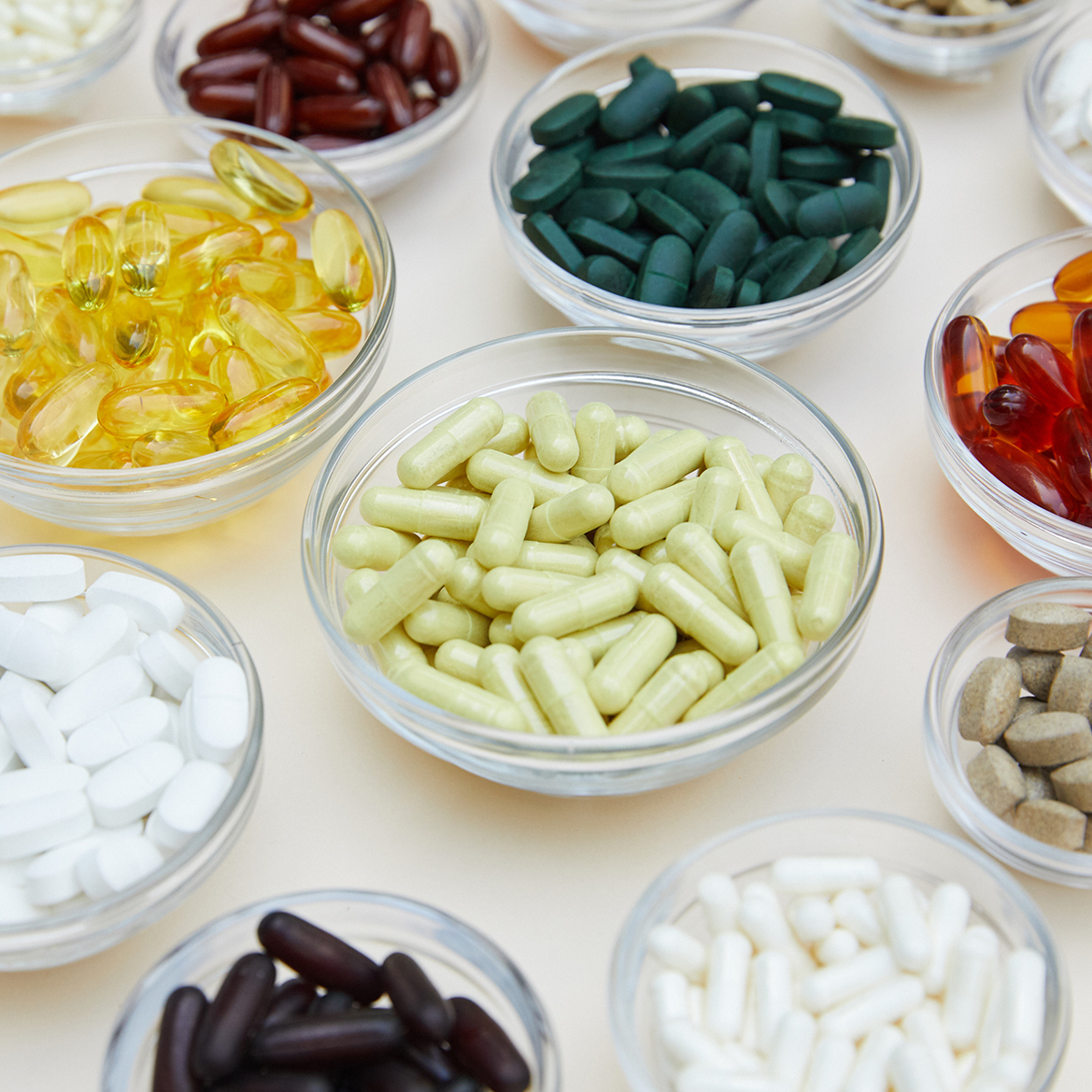Are Your Adrenals to Blame?
Bekka Wiedenmeyer
Have you ever walked into a room and forgotten what you were looking for? Looked into the bathroom mirror and found it more difficult to conceal the circles under your eyes? Maybe you’ve had a full night’s rest, laid down for an afternoon nap and still felt like you haven’t slept in days. Stumbling through six cups of coffee is normal, right?
Many of these daily struggles can be mistakenly blamed on factors like old age, stress or even a combination of both. They could, however, be part of a deeper but treatable problem. So what’s possibly to blame for leaving the car keys in the fridge or sleeping through all three alarms? The answer just might be your adrenal glands.
Often paired with daunting words like “fatigue,” “insufficiency” and “crisis,” these tiny endocrine organs nestled atop the kidneys can easily be forgotten. They wear many hats, but their main function is to deliver hormones to different parts of your body. They “produce hormones that are essential to life,” says Dr. Drew Francis, O.M.D, LA.c. For example, cortisol which is secreted by the adrenal cortex, helps your body respond to stress and stress-related factors in the environment.
Dr. Francis further explains that “cortisol, when released in excess, can create a host of pathological conditions in the body… Over time if there is not adequate rest, relaxation and proper sleep, burnout can occur.” He adds that adrenal hypofunction and adrenal exhaustion can both lead to chronic fatigue, which happens to anyone working too much or experiencing high levels of stress. According to the Mayo Clinic, body aches, nervousness and digestive problems can also be attributed to malfunctioning adrenals.
Poor nutrition also plays a part in exhausting your adrenals. We’re told from a young age to eat our veggies. We pass the adage down to our kids, and it is true. Being nutritionally aware, eating less sugar, and avoiding foods that cause inflammation can help your adrenal glands stay on the up and up.
A few telltale signs of adrenal fatigue are exhaustion and brain fog. The situation, however, doesn’t have to be daunting — you just need to know when your adrenals are acting up and how to keep them in line.
Adjust your diet
Consider the “adrenal fatigue diet.” Eliminate foods that you are allergic to, have any sensitivity or intolerance to, or feel taxing on your body. This could be anything from caffeine to starchy carbohydrates to processed meats. Add easily digestible, low in sugar, nutrient dense foods. Consider cruciferous veggies to boost detoxification, fermented foods to boost good bacteria and healthy fats to improve memory and cognitive function.
Adjust your sleeping patterns
One of the best ways to reduce the stress on your adrenal glands is to get the right amount of sleep every night. It depends on your age and lifestyle, but the general recommendation is seven to nine hours every night for the average adult.
Listen to your body and fall into a regular sleeping pattern. Going to bed late and waking up early, or even going to bed late and waking up late, will not do anything to help your adrenals. Avoid spending too much time on your phone late at night. If you are tired, don’t force yourself to remain up until an “appropriate time.” Your body is trying to get you to heal. The best thing you can do is listen.
Adjust your supplements
Nutrition and sleep can be an immense help, but sometimes you need that extra push. Natural supplements like fish oil and magnesium can help alleviate symptoms associated with adrenal fatigue. Vitamins such as C, D and B-complex (B12 & B5) are also common deficiencies in those who are suffering from adrenal fatigue.
Taking supplements can be helpful, however, you should always see a nutritional specialist before you increase your vitamin intake. Ask to be tested via a salivary assay kit so you can determine your adrenal needs, if any. Implementing lifestyle changes will hopefully bring an increase in energy and mood to help your adrenal recovery. At the very least, you might be able to save yourself an extra trip to the coffee machine every day.
Bekka Wiedenmeyer is a freelance journalist with a bachelor’s degree in journalism. Based in New York City, she is excited to share her passion for health and lifestyle with readers through MAED as she works toward her ultimate goal of discovering NYC’s most perfect latte.








